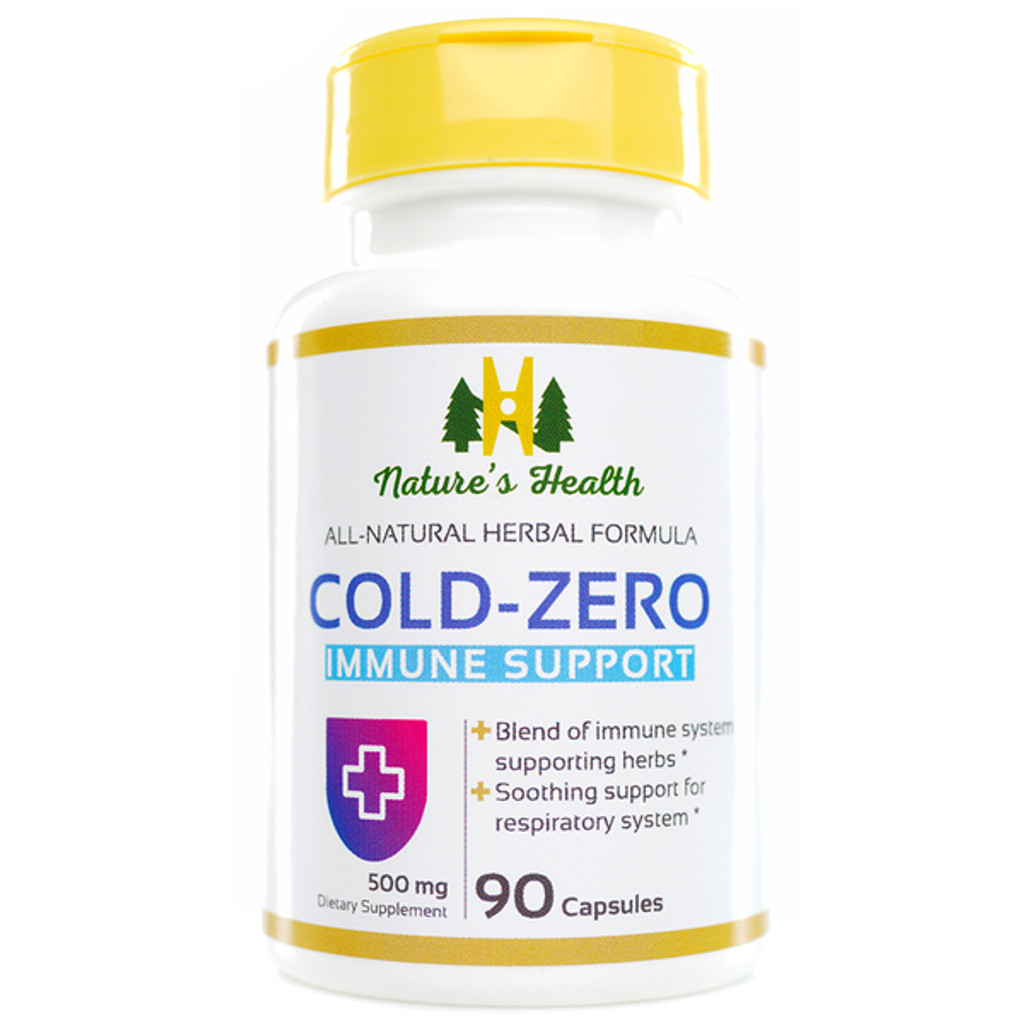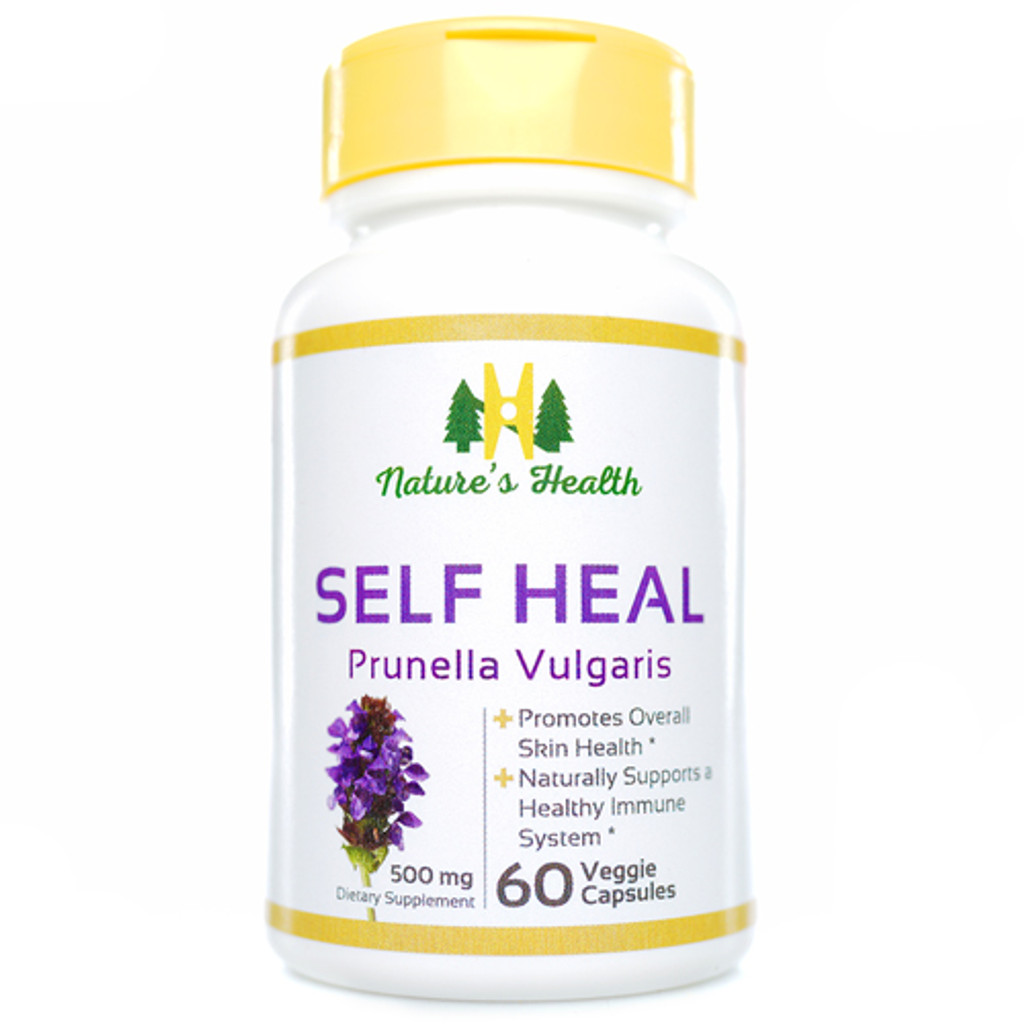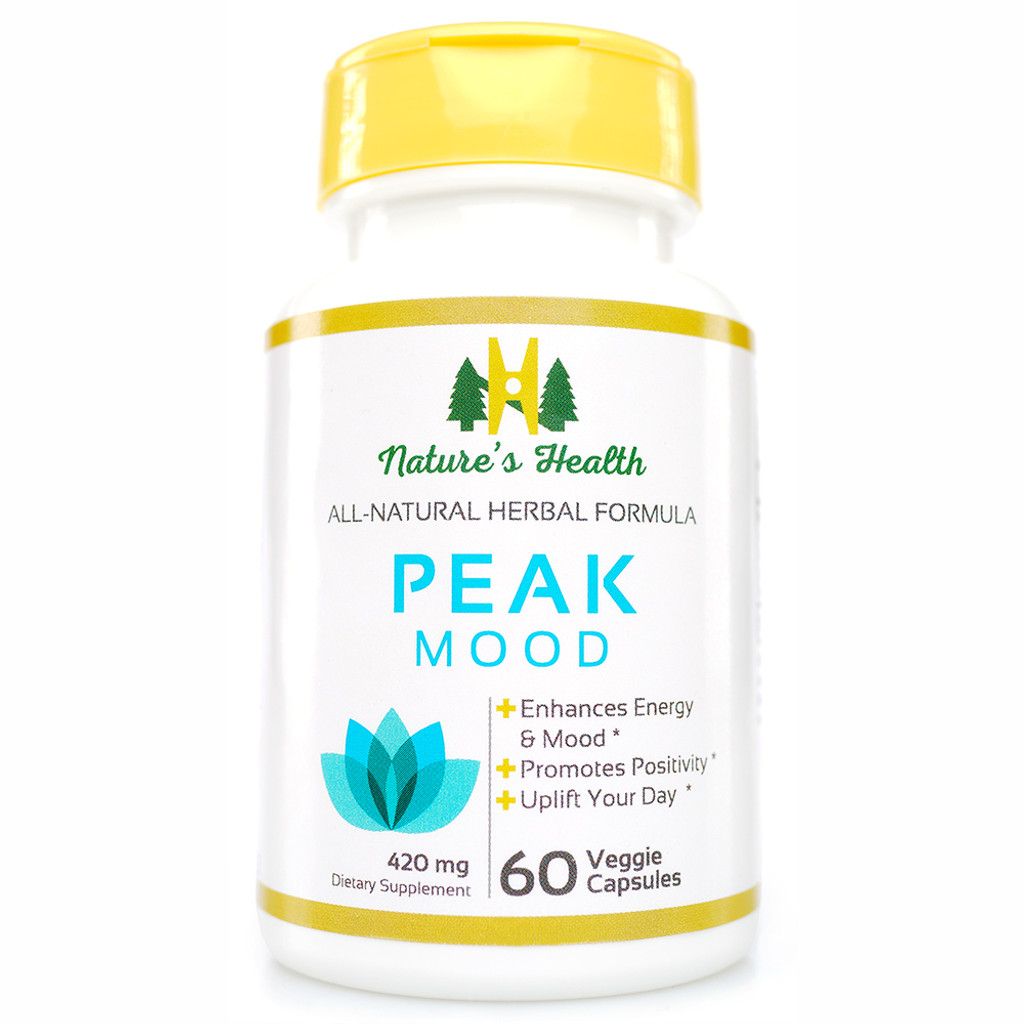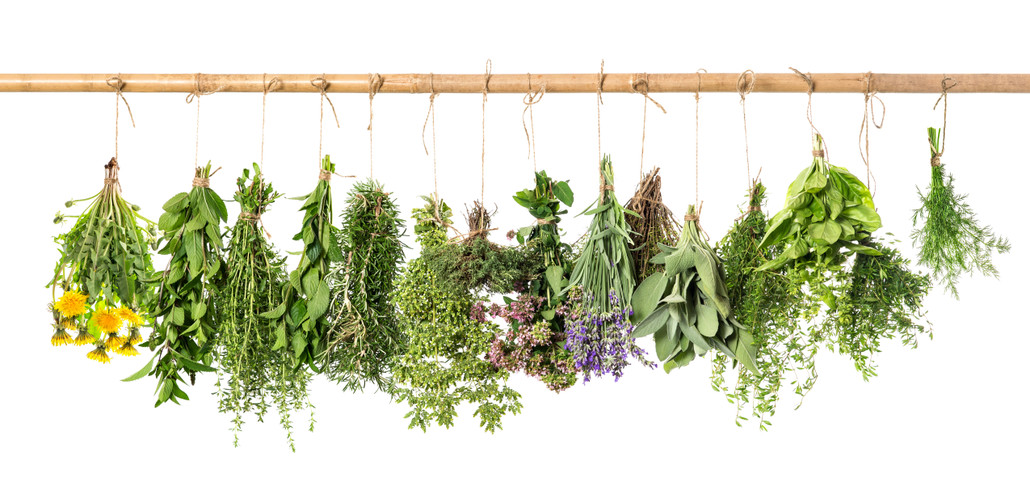Winter Optimization for Your Body and Mind
21st Nov 2022
It's getting to be that time of year when the trees have shed all they can and the raindrops are more solid and it blankets the earth with snow, depending where you live. The winter, for the Northern Hemisphere, usually begins late December and ends the following year late March. For the Southern Hemisphere, it begins late June and lasts until late September.
Whether you get snow or not in your neck of the woods, the drop in temperature, the lack of sunlight and the reduction of activities on your To Do List affect your body even if you've paid any mind to it or not.
It is entirely common to think that lower temperatures affect the body directly, which is true. However, there are other factors that can cause a change in our own organism, of which, we will explore throughout this article:
- Lack of Sunlight
- More Time Spent Indoors
- Inactivity
- Recirculated Air
We'll outline what the Winter season entails for you, what you can do to be better prepared to maximize your body's potential to stay healthy during the cold and flu season, and what you can do to get ready for the bloom of spring.
How Does Winter Affect Your Body?
As the mercury drops, it is natural for one to tend to incubate during the colder weather. Outdoor activities are scrapped completely or simply limited to work, errands and, on occasion, a stroll through the neighborhood to admire the neighbor's Christmas lights. As we explore, we'll encounter some common negative effects of winter:
- Water Storage
- Weight Gain
- Vitamin D Deficiency
- Cold and Flu
- Seasonal Affective Disorder
Unfortunately, by not being outdoors as much, we do not take in sunlight as much as we do during the warmer months, we become less active, we breathe more recirculated air, our bodies store more fat and water and, for some of us, our thoughts begin to darken as gray skies fill the air.
As we slow down, our metabolism morphs from constantly burning calories to storing calories into fat which can be used by the body at a later time when your body needs the energy. This also means that our body will begin to store more water. Although it is rare, a high level of water intake can lead to water intoxication which dilutes sodium, potassium, and other electrolytes in our bodies.
It is natural to want to stay indoors more as the winter months approach and even more so when they arrive. Even though we are not bears, we tend to have a hibernation mentality that makes us less active and this is one way our bodies adjust internally to the lack of mobility. It is not farfetched to think that we would gain weight during the winter months. On average, Americans might experience a 5 to 7 pound weight gain during the winter. Lack of exercise and holiday meals are the main culprits for this.
Even if we do venture outside, the days get shorter and the amount of sunlight per day is just dwindled by the hours the sun remains in the sky and the precipitation in the winter is more frequent (depending on where you live). Taking in adequate amount of sunlight helps our bodies generate the production of vitamin D. Vitamin D builds strong bones, helps control infection, and reduces inflammation. Vitamin D deficiency can lead to a loss in bone density, and in children, it may cause rickets. Rickets, although rare, is where bones become soft and bend.
Adding to the issue of staying indoors for longer periods of time, is that we are breathing in recirculated air more. Most homes in the U.S. recirculate air from within and thus we are more prone to getting a cold or the flu. Droplets we expel indoors, remain indoors in poorly ventilated homes, thus increasing the chances of catching a cold. This is due to the fact that germs and viruses linger inside our homes and have a shorter journey from person to person when we huddle with our loved ones for warmth.
Perhaps the most overlooked symptom of gray skies is what is commonly referred to as the winter blues or seasonal affective disorder (SAD). Seasonal Affective Disorder roughly affects 10 to 20 percent of Americans in some form, whether mild SAD or winter depression. Although we do not know for certain what causes SAD, it may be related to the amount of sunlight we get.
What You Can Do to Stay Healthy During the Winter
Now that we know what happens to our bodies and the likely culprits for our changes, we'll delve into what we can do to minimize the effects:
- Exercise
- Go Outside
- Eat Vegetables and Fruit
- Partake in Social Events
First thing we can do to maintain our health during the winter is to stay active. Whether this is going to the gym or taking walks around the neighborhood to ensure we burn the same amount of calories we do during the summer. Exercise is something we should do all year round, but it is common to lack motivation when it gets cold and usually around the holidays we become busy with family gatherings and shopping sprees. So dedicate some time during the week to focus on you and give yourself 20-30 minutes of moderate intensity physical activity or a cardio workout for 15 minutes a day.
Next, we can go outside on the sunny days to increase the amount of sunlight we get. Maintaining our healthy levels of vitamin D is essential to keeping strong bones and boosting your immune system. Also, if we are to believe that an adequate amount of sunlight is correlated with our mental health, then getting outdoors more often during the winter on sunny days can also improve our mood and mindset. Furthermore, getting out of the house can increase the amount of fresh air we breathe and not recirculated air all day, especially if remote work is in your job description.
The third thing to do would be to bolster your immune defenses. Eating a diet high in vegetables and fruits, drinking alcohol in moderation or not at all, and getting a full night's rest are some ways we can boost our immune system. There are supplements you can take as well to defend against germs. Fortunately, Nature's Health offers herbal supplements to help you prepare for the cold and flu season.
Lastly, we can do social activities to keep us busy and our minds busy as well. If you are feeling mild symptoms of Seasonal Affective Disorder (SAD), spending time with loved ones might just be what you need. If you need help please seek professional advice as this is not intended to be or purports to be counseling in any way. Setting small and attainable goals could also help you get out of a funk.
Herbal Remedies to Boost Your Immune System in the Winter
Along the lines of boosting your immune system, there are a plethora of supplements and vitamins you can take to stay healthy. Nature's Health offers dietary supplements that can help you strengthen your immune system before winter comes.
Cold-Zero - Immune Support

Cold-Zero is part of our Herbal Formulation series that is used for:
- Immune System Support
- Respiratory Health
- Congestion
It is a blend of 15 immune system supporting herbs, the key of which are Perilla Leaf, Japanese Mint and Licorice Root which work in conjunction to help your natural defenses against foreign particles and may clear passageways throughout your respiratory system. This could help when spending time indoors for extended periods of time with recirculated air. Cold-Zero is a year-round supplement which can be taken to prepare your body for any change in weather that can provoke a cold and flu season. Keep your immune system strong and breathe easy.
Self Heal - Prunella Vulgaris

Self Heal (Prunella Vulgaris), our best selling single herb, helps:
- Protect Skin
- Boost Immunity
- Heal Cuts and Scrapes
Our skin is the most overlooked first line of defense against foreign matter and germs. Skin health is essential in any season and helps your immune system as the initial barrier. Self Heal may help bolster UVA-oxidative defenses of the skin and boosts the skin's inflammatory response. This may be essential for you for when you take your time out in the sun on the brighter days of winter. Self Heal contains Rosmarinic Acid which acts as an antioxidant to neutralize free radicals. Self Heal has been used for centuries as an antiseptic which helps kill germs. Defend your first defense by maintaining your skin health.
Herbal Remedies to Uplift Your Mood in the Winter
Nature's Health also offers a mood support supplement, Peak Mood. With the gloomy days of winter and the self-imposed hibernation, making sure that you keep your mind right is essential to getting through the high stress of the holiday season and the excitement of social gatherings with your loved ones.
Peak Mood - Mood Stability

Peak Mood is our mood support supplement from our Herbal Formulation series used for:
- Mood Support
- Promoting Positivity
- Hormone Balance
It is composed of 10 mood-enhancing herbs which help maintain energy levels and promote positivity. Its main ingredient Bupleurum Root, helps maintain a healthy balance of hormones which helps us keep our mood uplifted. Peak Mood is formulated to stabilize and make our moods more predictable to get a better handle of our mental health. Stay uplifted and high spirited and boost your overall mood.
In Conclusion
The weather plays a big role in how our bodies are shaped by it. Whether it's the change of season or not, our activities also greatly affect how our bodies react. Granted, the change in weather affects us to some extent, but it's how we embrace the change that can reduce the impact it has on us. This is a testament to the human condition of being able to adapt to anything, including the weather.
Getting ill can cost us not just in monetary value but productivity as well. Staying healthy and increasing our potential is vital to our own personal success and how we feel about ourselves. Now that you have these optimization tips, go outside, get some sun, complete your diet with all-natural herbal supplements, be as active as possible, and stay healthy all year round.

